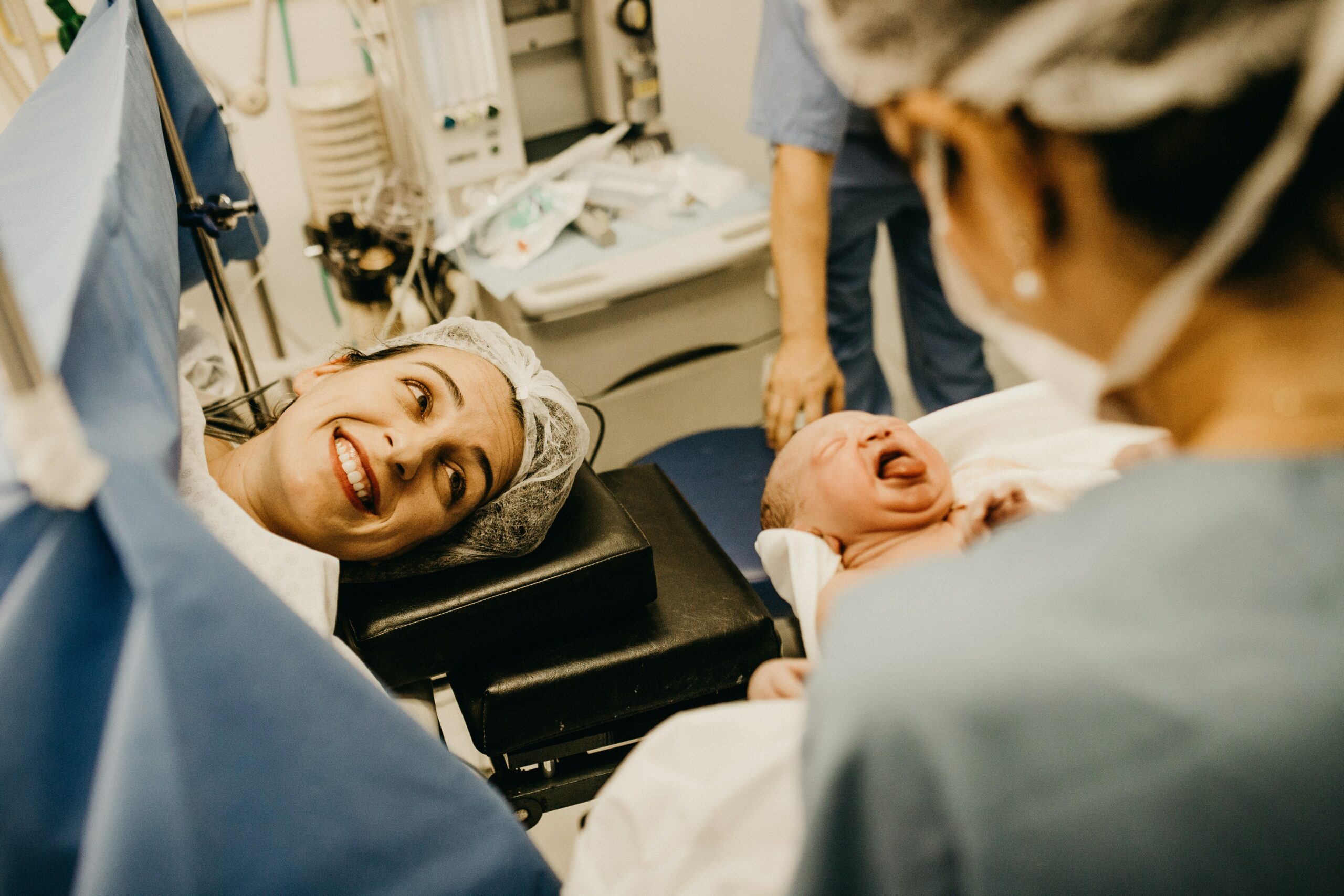When it comes to pregnancy, there’s a wide range of emotions that vary from person to person: There are women who’ve been planning to expand their family and are thrilled about the news, while others aren’t exactly jumping up with joy, but eventually get used to the idea and start thinking of baby names and nursery themes. So, if you’re told that your pregnancy is high-risk, it’s understandable to be concerned. What does it mean? Is there anything you can do to make it safe for your baby?
What is considered a high-risk pregnancy?
A pregnancy is considered to be high-risk when certain circumstances could affect the health of the mother or baby, or result in premature labor. The issues can range from relatively minor to life-threatening. While it sounds concerning, there are steps you can take to promote a healthy pregnancy.
What makes a pregnancy high-risk?
There are several circumstances that can result in a pregnancy being considered as high-risk:
1. Teen Pregnancies
One of the biggest risks of a teenage pregnancy is Cephalopelvic Disproportion, which means that the baby’s head is too big to fit through the mother’s pelvic opening. Teen girls also have a higher risk of high blood pressure while pregnant, low birth weight, and preterm delivery.
2. Pregnancies in Women 35 Years Old or Older
Nowadays, it’s become more common for women to delay pregnancy until they are in their 30s or 40s, in order to allow themselves some time to become established in their careers and find a suitable partner. And while there are plenty of women in this age bracket who go on to have healthy pregnancies, the fact remains that the risk of miscarriage is higher, and after the age of 45, only about 20% of pregnancies are carried to term.
3. Health Conditions
There are several health conditions that can complicate a pregnancy and make it high-risk, such as diabetes, high blood pressure, Polycystic Ovary Syndrome (PCOS), depression, autoimmune disorders, thyroid issues, kidney disease, or sexually transmitted infections.
4. Chronic Illness
Having a chronic condition means that you’ll have to work closely with both your OB-GYN and other medical specialists. It’s also important to note that while some women do experience flare-ups of their chronic illnesses during pregnancy, it’s also possible to go through the entire nine months without any issues, as long as you’re closely monitored by your medical team.
5. Being pregnant with Multiple Babies
Being pregnant with twins, triplets, or even more babies comes with additional challenges: you’ll gain extra weight, have more difficulty sleeping, have an increased need to urinate, pregnancy symptoms are more severe, the babies may come early, and you may need to deliver them by c-section.
6. Being Overweight or Obese
Excess weight increases the likelihood of developing gestational diabetes, preeclampsia, high blood pressure, or preterm labor.
7. Substance Abuse
Consuming alcohol during pregnancy is the most common cause of intellectual disabilities in babies. It can also result in Fetal Alcohol Syndrome, which will affect the baby for the rest of their life.
What can I do if I have a high-risk pregnancy?
Having a high-risk pregnancy means you’ll need to closely monitor your pregnancy. You’ll have to schedule additional doctor appointments, as well as require more bed rest, hydration, and maintaining a healthy weight.
If you’re not pregnant yet but are planning to start a family, talk to your OB-GYN about what you can do to optimize prenatal care. This may include stabilizing an existing medical condition, taking specific vitamins or folic acid, or losing or gaining weight.
Call OB-GYN Women’s Centre of Lakewood Ranch for More Information
At OB-GYN Women’s Centre of Lakewood Ranch, we provide a variety of services for every woman. No matter your age or medical history, we’ll help you feel comfortable and answer all of your reproductive health-related questions.
Let us help you deal with heartburn or any other discomfort associated with pregnancy. Call us today at (941) 907-3008 to schedule an appointment or schedule an appointment online.




